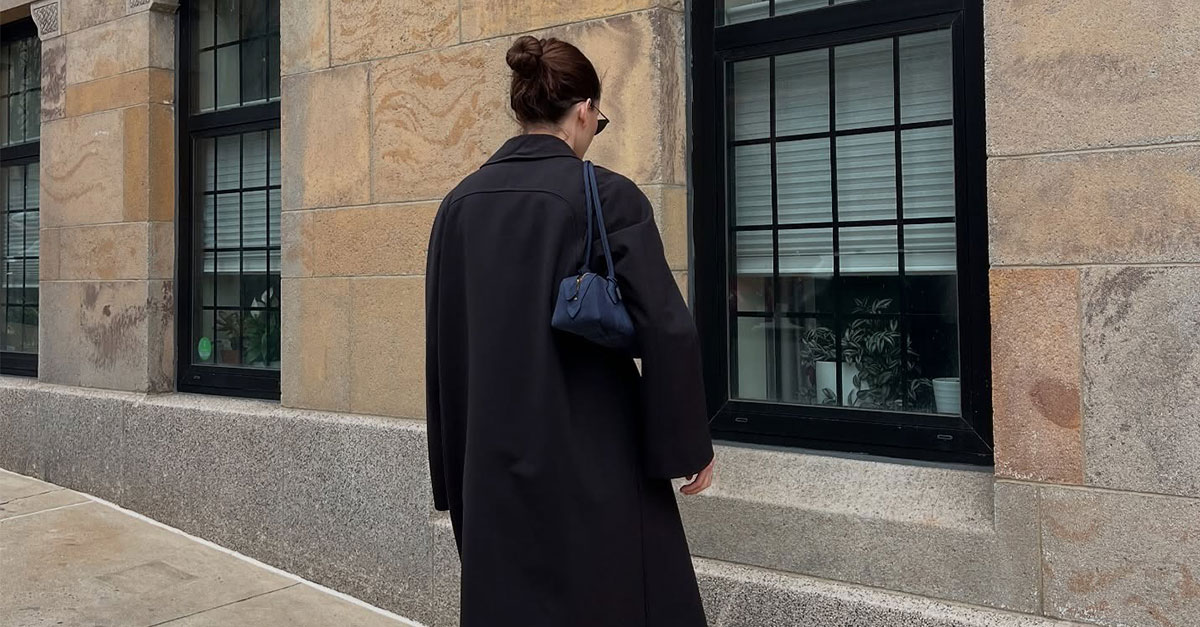A New Hyde Park woman has been sentenced, having already pleaded guilty to second-degree grand larceny, officials said Friday.
Elizabeth Reilly had pleaded guilty in May, in a case in which she was charged with stealing approximately $750,000 from a 91-year-old woman.
Reilly was sentenced to three to six years in prison, the Nassau County District Attorney’s Office said. And while the victim has since died, the judge ordered that Reilly pay $750,000 restitution through a civil judgement order. The order will be made out to the victim’s estate, according to the DA’s office.
“Elizabeth Reilly took advantage of her access to an elderly woman’s finances and stole nearly three-quarters of a million dollars of the woman’s life savings over four years,” Anne Donnelly, the Nassau DA said in a news release. “The defendant will now serve significant prison time for her theft. My office is committed to protecting Nassau County seniors.”
Officials say that Reilly had worked for a Floral Park attorney. That attorney and the victim had a verbal agreement in which the attorney would handle the elderly woman’s finances as she began executing a power of attorney, living will and other legal documents. As part of this agreement, the law office’s address became the mailing address on record for the victim’s financial institutions and Reilly was given access to bank statements, check books, credit cards and financial statements.
Investigators say that between 2016 and 2020, more than 250 checks were written from the victim’s bank accounts and made out to the defendant or to cash and deposited into the defendant’s accounts or an account held by the defendant’s husband. The deposited checks totaled more than $675,000.
Additionally, Reilly used the victim’s credit cards to make unauthorized purchases for Reilly’s benefit, the DA’s office said. Charges included personal purchases, beauty products, a gym membership, and airline tickets. The defendant also made purchases using her PayPal account, and then paid her account with the victim’s credit card. Ultimately, the defendant paid the victim’s credit card balances online, using the victim’s bank accounts.
The theft was discovered in October 2020, when Reilly’s employer reviewed the victim’s credit card statements and saw questionable activity, according to the DA’s office.
The case was referred to DA’s Financial Crimes Bureau in February 2021.




























































![YOUNG LAMA X VTEN – DOLLA BILLS II [ OFFICIAL MUSIC VIDEO FOR DOLLA BILLS PART 2 ] YOUNG LAMA X VTEN – DOLLA BILLS II [ OFFICIAL MUSIC VIDEO FOR DOLLA BILLS PART 2 ]](https://i.ytimg.com/vi/bWkxG08iEo4/maxresdefault.jpg)






















